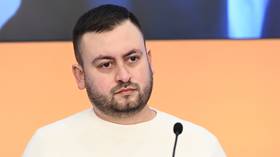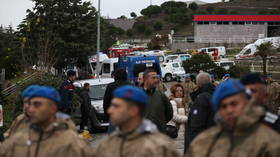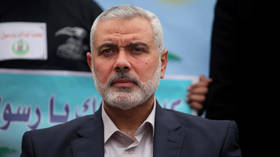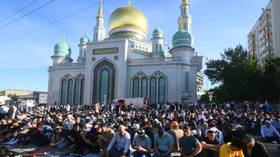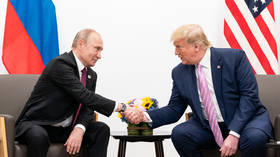EU country to change laws because of Russians – media
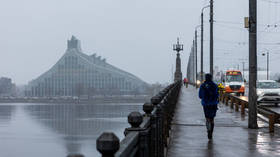
The government in Riga may decide later this week to suspend a 1995 repatriation law, in order to block Russians from obtaining citizenship in the Baltic state using rules intended for ethnic Latvians, the Delphi news site reported on Monday.
According to the outlet, two ministries have compiled a report citing a “growing” Russian interest in moving to Latvia, and attributing this to the conflict in Ukraine. Over the last 12 years Russian citizens typically comprised 62% of those seeking Latvian papers. That figure spiked to 81% in 2022, “at a time when the economic and international stability of Russia was under threat” due to the conflict, the report claims.
Riga received 430 repatriation applications from Russian citizens in 2022, of which 220 were granted, Delphi revealed. However, the interior ministry complained that these people had no relatives or residence in Latvia, or in some cases never visited the country, and “probably” intended to use the permits to live elsewhere in the EU instead.
“The trend to obtain a residence permit just to be able to comfortably move around the Schengen countries has been particularly pronounced during the travel restrictions due to the Covid-19 pandemic,” the report notes, according to Delphi. Many of the applications “frankly expressed” their intent to “enjoy the benefits provided by a permanent residence permit” rather than actually live in Latvia.
The ministry also claimed that interest in permits spiked after Russia announced a partial military mobilization in September, but no evidence of this was cited in by the outlet.
Noting that the law was passed with the idea to bring Latvians who relocated “due to the threat of genocide, war or assimilation,” back to their “ethnic homeland,” Delphi notes that a more conditional scheme, requiring proof of continued residence and a language test is now being proposed.
Latvia had 2.65 million residents when it split from the Soviet Union in 1991, but that number has since decreased to about 1.88 million. Ethnic Russians make up about a quarter of the population, and the government has advocated “isolating” them unless they demonstrate loyalty.
Riga has taken a hardline stance over the conflict in Ukraine, using it as a pretext to dismantle all WWII monuments to the Soviet army and declare Russia a “terrorist state.”
